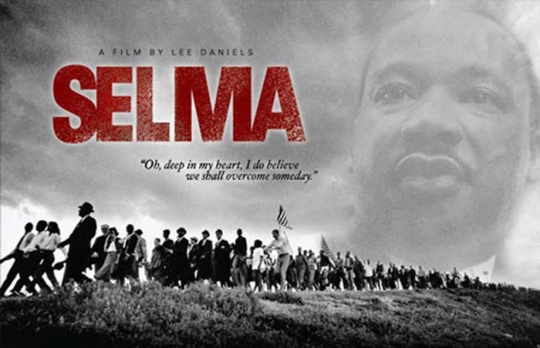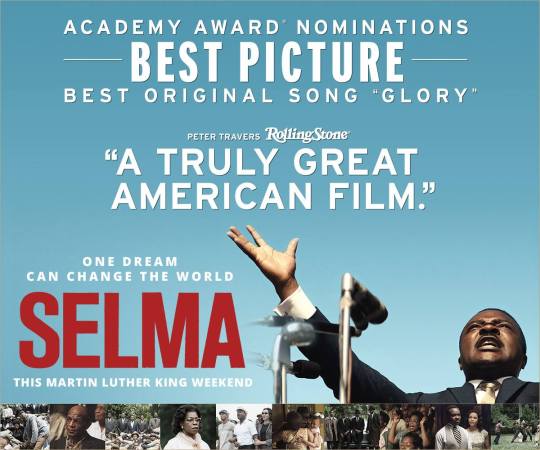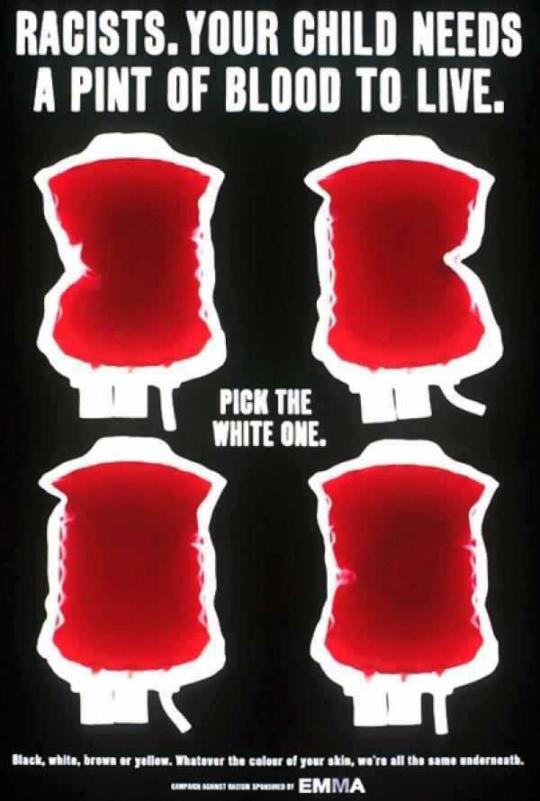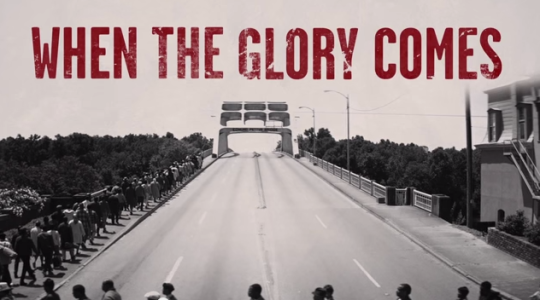Paying Homage to Local Black Heroes
**This was originally published on Thursday, February 24, 2011, in my newspaper column, “The Old Paths,” in The Stokes News. Due to a website change a few years ago, the publishing company broke all links to our old articles which were archived online. This was a tragic mistake and resulted in the loss of thousands of newspaper articles. Little by little, I am putting my old columns on this blog so that they can be preserved. Each column may be updated to reflect present times when transferred to this blog.**

Mr. John L. Hairston, local black hero
Recently I read a quote by the actor Morgan Freeman that made me stop and think. He stated: “I don’t want a Black History Month. Black history is American history.” In theory, I agree with his statement. In reality, I do not.
In an ideal world, there would be no Black History Month. I, like Freeman, aspire to that type of world. However, we live in an imperfect world which makes Black History Month necessary if we are to learn of the historical accomplishments of a prominent minority in this country.
Another famous quotation by a distinguished black American is also indicative of the ideal world I dream of. Carter G. Woodson, an African-American scholar who founded the Journal of Negro History and is called “The Father of Black History,” said: “We should emphasize not Negro History, but the Negro in history. What we need is not a history of selected races or nations, but the history of the world void of national bias, race hate and religious prejudice.”
A world free from prejudice and racism? THAT’S where I want to live. Unfortunately, that address is still unknown. And thus, we must have a Black History Month.
What a great time this is to remind ourselves that American history isn’t just one hue. How wonderful it is to learn of great accomplishments by men and women of color—deeds and names that often are not in the textbooks. Black History Month has helped me to decorate my Wall of Heroes in multi-colors.
And sometimes those heroes are right here in our own backyard.
George Washington Carver—love him. Dr. Martin Luther King Jr.—wow. Harriet Tubman—crazy about her. John L. Hairston—heart him. Rev. Greg Hairston—I tip my hat.
Oh. What? You don’t remember reading about the last two in your History 101 class? Well, that’s probably because they are homegrown heroes for us here in Walnut Cove, NC. They are featured in a book that gained national acclaim, The Hairstons, by Henry Wiencek, who, by the way, came from Boston to do a program at the Walnut Cove Colored School back on Sunday, March 13, 2011.
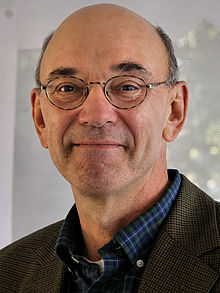
Henry Wiencek, author of The Hairstons
If you haven’t read this book, I highly recommend it. It examines the lineage of the Hairstons—now a huge clan all across the U.S. whose point of origin as a dynastic family is Stokes County, NC. The story is spellbinding; the book, well-written; and the information, priceless. Wiencek has no ties to the story—he is not black and he is not from the South. He just found the story a riveting one that needed telling.

A phenomenal book about the Hairston clan
If you don’t have time to read the entire book, I suggest reading at least Chapter 13—”The Liberation of Walnut Cove.” I have lived in and around Walnut Cove all of my life but was stunned that I had no knowledge of what happened in 1968, per Wiencek’s account.
Did you know there was a protest march in Walnut Cove in the midst of the ’60’s desegregation troubles? Did you realize there was a scaled-down version of a sit-in (stand-in) at Vernon’s Grill (now The Milk Bar) on Main Street, Walnut Cove? Before MLK Day 2011, I began reading Chapter 13 aloud to my children because I felt they needed to know what struggles were faced right here in their hometown. I had planned to read only a small segment of it, but they were so engrossed that they begged me to read the entire chapter. I gladly obliged.
When reluctant Stokes County was ordered to hop onto the forward train of desegregation, the decision was made to close the all-black London High School. The black community rose up to protest, turning out en masse at a public meeting with the school board. There their beloved and longtime London High principal, John L. Hairston, delivered a stirring speech. He urged the school board not to close the school but to integrate it.
His impassioned pleas, quite out of character for this soft-spoken man, seemed to have fallen on deaf ears.
Rather than concede defeat, the student council of London High chose to protest the decision. Greg Hairston, a senior at the school, and other student government leaders such as John L.’s daughter Mona, led a march down Main Street, Walnut Cove, amidst heckling and jeers from white bystanders.
As the group approached Vernon’s Grill, student leader Vincent Withers declared that he was thirsty and was going into the still-segregated restaurant to get a soda. Despite efforts to stop him, Withers entered after local deputies informed the owner that there was nothing legally they could do to prevent a black man from entering the front of the establishment rather than going to the back door per longstanding tradition. Withers entered, ordered and drank a soda before quietly exiting.
Walnut Cove changed forever that day.
Although segregation had been illegal since 1964, the movie theater, laundromat and town restaurant had never been integrated. But after that warm March day in 1968, desegregation slowly became the mode in the Cove. Soon, blacks didn’t have to sit in the balcony to watch movies anymore, and they could wash clothes at the laundromat.
I am privileged to have known two of these modern-day heroes. John L. Hairston, now deceased, was my principal for three years at London and visited my home a few times when my mother, a reading teacher at the school, had the faculty over for get-togethers. He and his precious wife, Ruth (my fifth-grade teacher), also stopped by with a gift when my baby brother was born. He was a man of such class and character that I get misty-eyed thinking of him. I can see his gentle eyes now and hear his kind, well-modulated voice.
(Here is a link to a news story about Mr. John L. Hairston’s legacy:
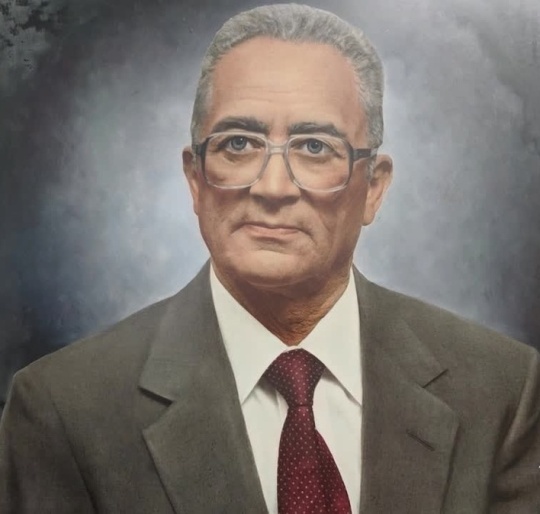
Mr. John L. Hairston in later years
Greg Hairston is now the pastor of Rising Star Baptist Church in the London community of Walnut Cove. I have been privileged to be in prayer meetings and church services with him. I never fail to be moved each year when I see him walk yet again down Main Street, Walnut Cove, during the MLK March.
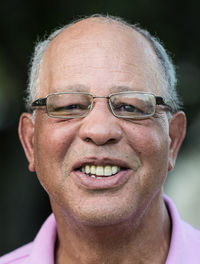
Rev. Greg Hairston today
These are those who may never be written up in a history text for school children, but they have a place on the unwritten honor roll of black heroes. There are others who won’t even get a mention in a book like Wiencek’s—the Frank Daltons who coached integrated baseball teams when that wasn’t the popular way in Walnut Cove, the Malcolm Dixons who ran basketball camps to offer local children of all races opportunities to be active in worthwhile activities and escape the vicious cycle of drug abuse and poverty in this area, the David Hairstons who work tirelessly to make sure predominantly black communities are included in Walnut Cove and that the children have playgrounds and resources.
Today I pay homage to these unsung heroes who have labored to escape the old paths of racial discrimination and forge new highways for the brotherhood of mankind. And I will continue to agree with the immortal words of Dr. Martin Luther King Jr.:
“I refuse to accept the view that mankind is so tragically bound to the starless midnight of racism and war that the bright daybreak of peace and brotherhood can never become a reality…. I believe that unarmed truth and unconditional love will have the final word.”
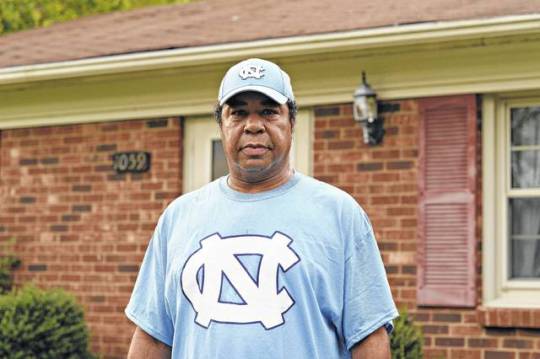
David Hairston standing in the Walnut Tree neighborhood of Walnut Cove which he helped become annexed in the town through a long, hard fight
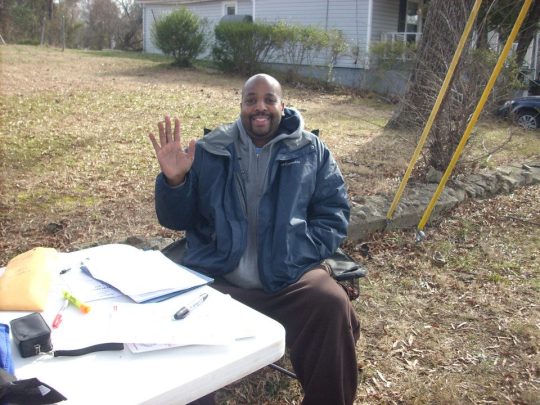
Malcolm Dixon working a table for Project Uth 360 Degrees, a nonprofit he established in Walnut Cove for local youth
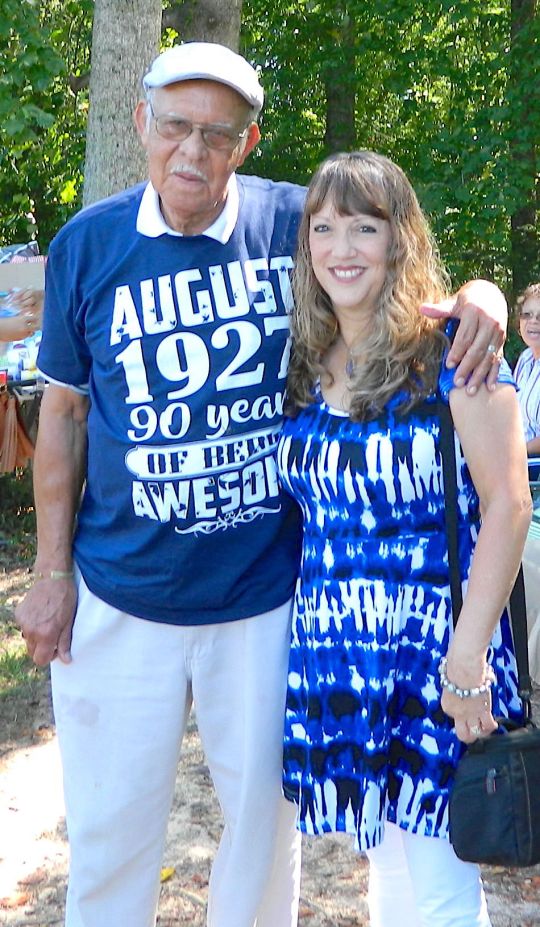
Me (the blogger) with Frank Dalton who helped integrate Stokes County sports teams and who turned 91 this month (Aug. 2018)
Here is a link to a site which has a video about Mr. John L. Hairston and events to honor his legacy: https://theliliesproject.org/events/2018/4/13/celebrating-courage-50th-anniversary-of-march-from-london-to-vernons-grill
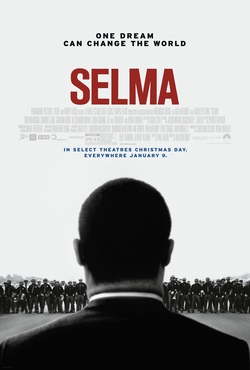 Although my busy schedule doesn’t often allow moviegoing, I am a sucker for a cheap matinee. On rare occasions, I’ll choose to see the same movie again, but it has to be a doozy. I set a personal record with Facing the Giants and Pride and Prejudice—six times apiece in the theater. But normally I wait for the DVD.
Although my busy schedule doesn’t often allow moviegoing, I am a sucker for a cheap matinee. On rare occasions, I’ll choose to see the same movie again, but it has to be a doozy. I set a personal record with Facing the Giants and Pride and Prejudice—six times apiece in the theater. But normally I wait for the DVD.